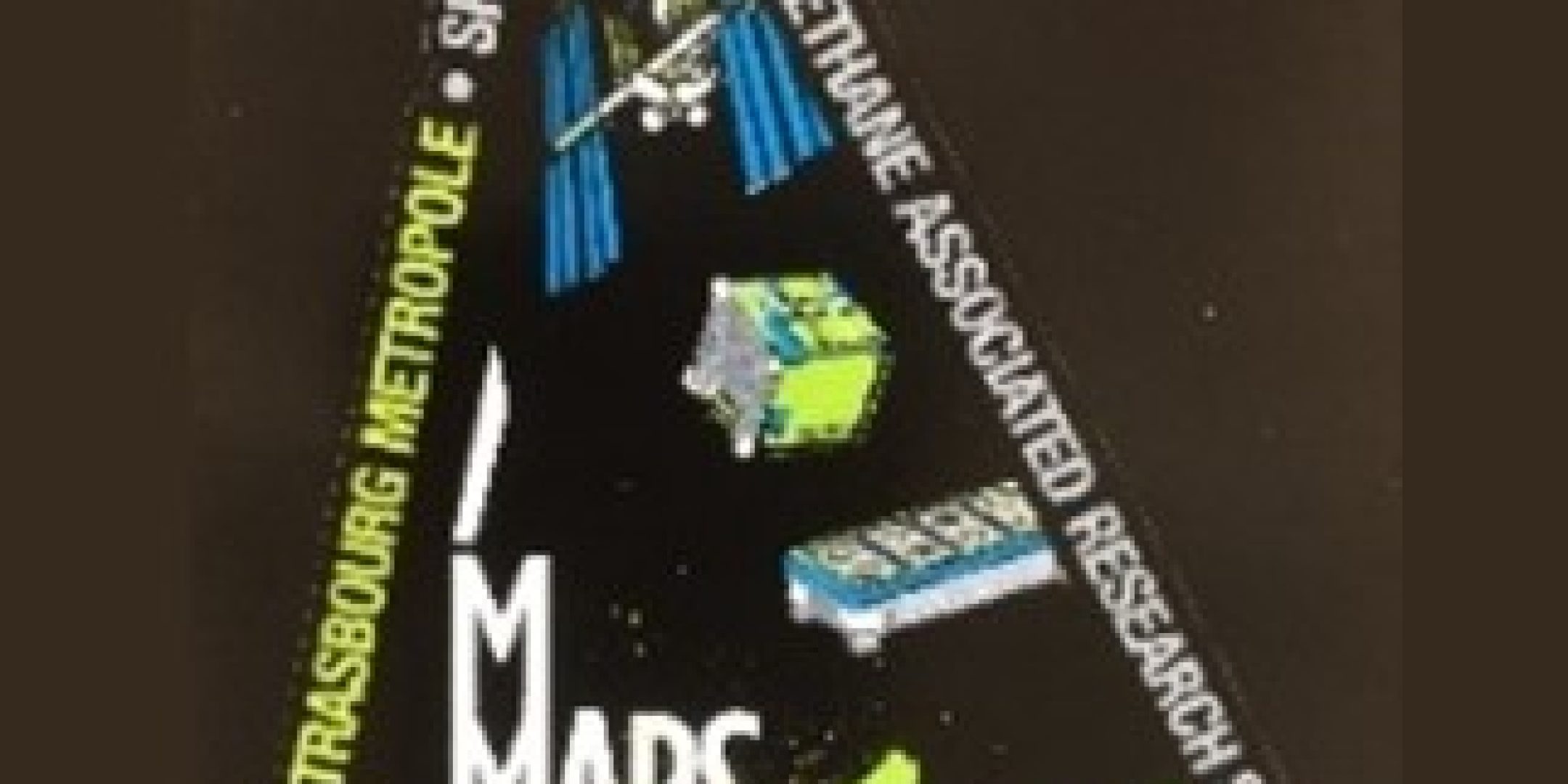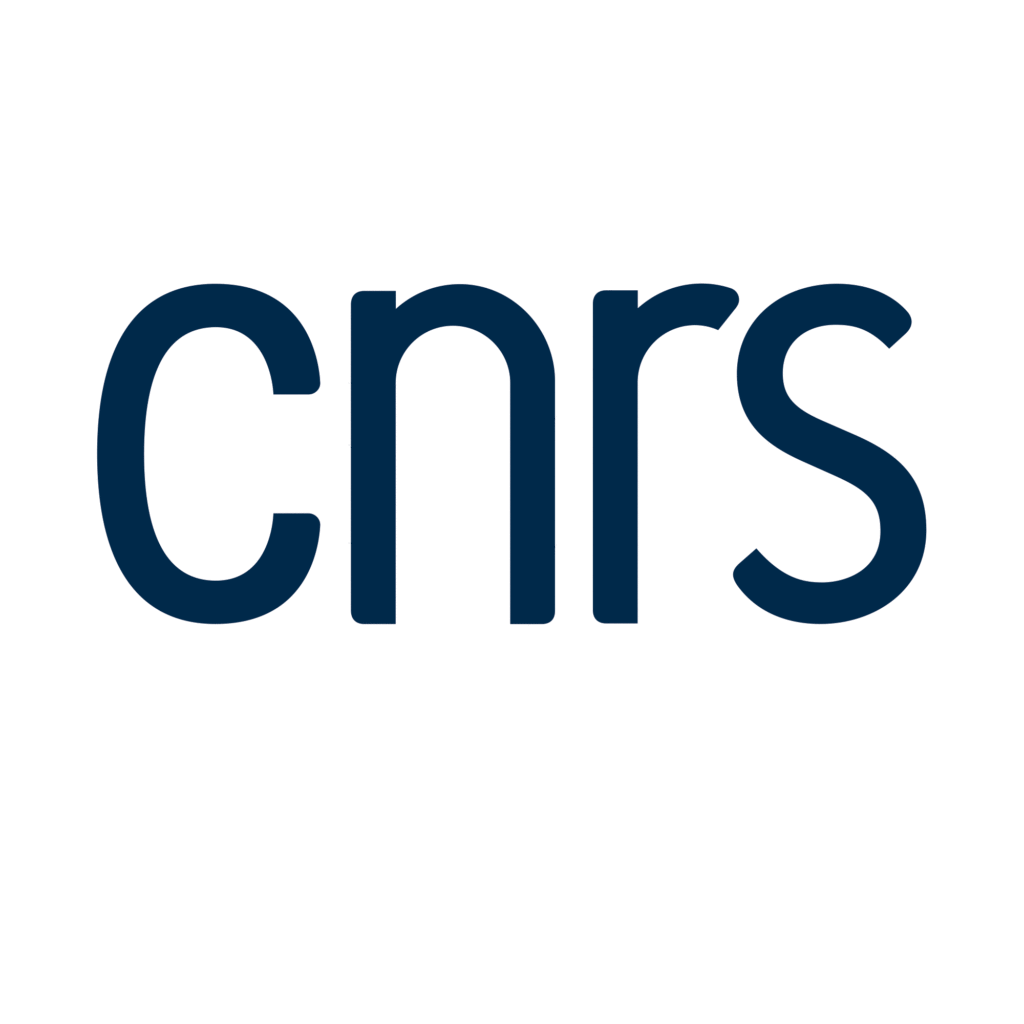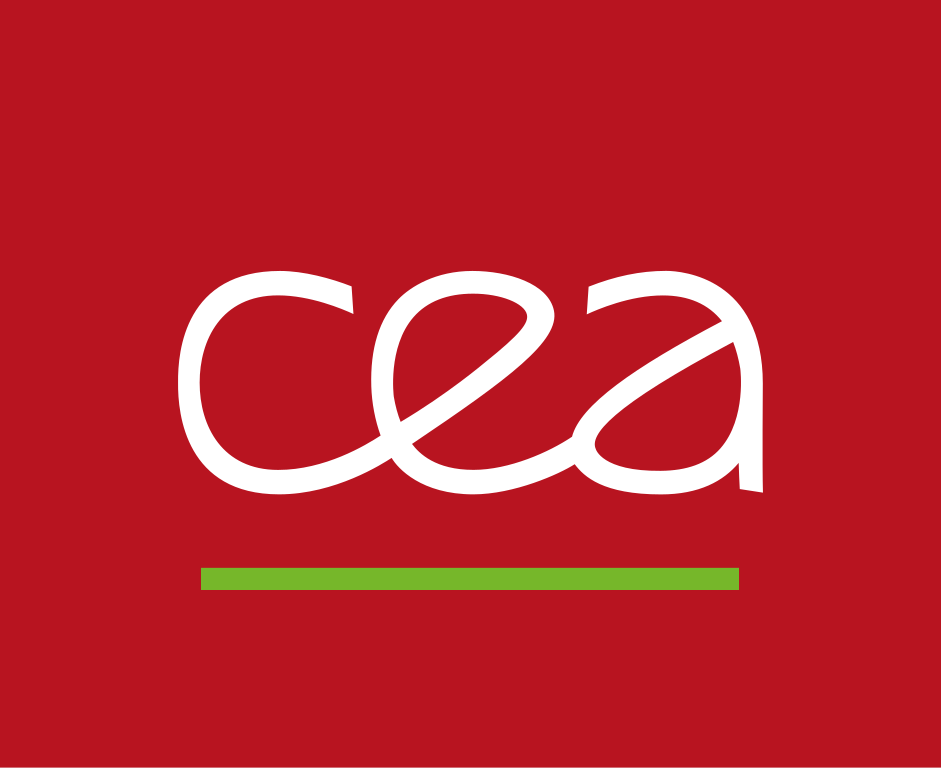Next Saturday, February 18 at 15:01 GMT (16:01 French time), the SpaceX rocket will be launched from pad 39A at Cape Canaveral on its supply mission to the International Space Station. The rocket will be carrying on board methanogenic microorganisms prepared by a laboratory of the University of Strasbourg (UNISTRA).
The experiment, managed by the International Space University (ISU) in Strasbourg, sets out to determine whether these microorganisms can survive in conditions analogous to those to be found in the Martian subsurface and also to study their ability to produce methane, a sign that the planet may be able to support life.
A delegation, made up of astronaut and physicist Jean-Jacques Favier, head of research at the ISU, and Nicolas Matt, vice president of the Eurometropolis of Strasbourg in charge of higher education and research, will be travelling from Strasbourg to Florida to witness the launch of the rocket, which will also be attended by the SpaceX CEO.
The idea for this experiment came about when the Curiosity rover detected methane on Mars, which provoked the question of where this methane comes from. Is it due to a reaction between water and Martian rock or is it produced by living microorganisms. If the second hypothesis turns out to be correct, then it is possible that lifeforms can exist in the extreme conditions of Mars.
The box containing the microorganisms, prepared by Pr Stéphane Vuilleumier (UNISTRA and National Centre for Scientific Research) and his team, measures only 10 cm3 and will be spending a month in space before being brought back to Earth for analysis. The first results should come out some 3 months afterwards.
MMARS is the name given to this promising initiative, which came about through collaboration between UNISTRA’s Molecular Genetics, Genomics and Microbiology Laboratory, the ISU, Airbus Defence and Space, Space Tango (responsible for transporting the microbial culture samples) and the Eurometropolis of Strasbourg, which provided funding for the operation, to the tune of €85,000.![]()
A special MMARS1 logo has been designed for this first mission and several copies will be delivered with the box to the ISS. A second mission, MMARS2, is planned for a later date.

